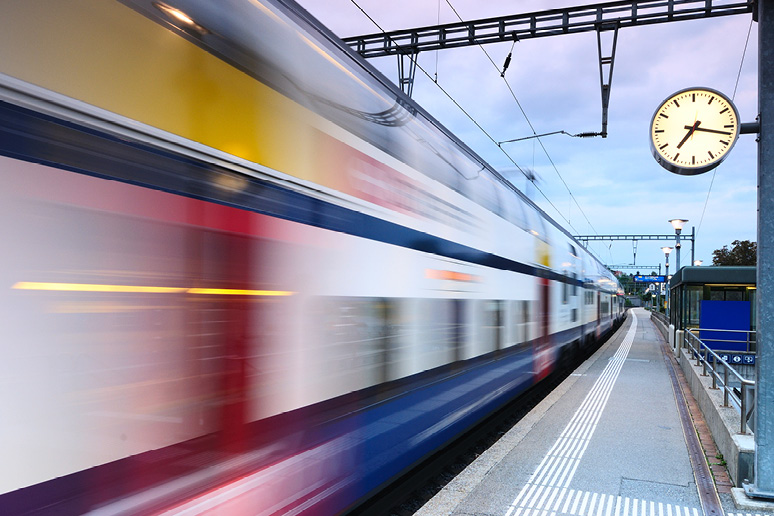Train accidents can be catastrophic. Due to their sheer size, weight, the speeds at which they travel, and the number of people they carry, train collisions and derailments can result in hundreds of injuries and fatalities.
According to the Federal Railroad Administration, in 2017 there were 2,105 train collisions, resulting in 807 injuries and 274 fatalities.
If you or a loved one is injured or killed in a train accident due to the railroad company’s negligence, the company may be liable for any resulting damages. But suing a large corporation is never an easy process. If you decide to take on a train company to obtain compensation for damages, it is crucial that you first consult with an injury attorney experienced in train accident lawsuits. This is a complex and challenging area of the law and handling it on your own is not recommended.
Out of court settlements
More often than not, train accident claims are settled out of court to avoid the negative press inherent in public train accident lawsuits. Settlements also help the plaintiff avoid the stress and expense of a lawsuit. That being said,a settlement isn’t always the best solution. In certain cases, settling out of court could result in a much lower figure than the railroad company may have paid otherwise.
One of the main differences between train accident lawsuits and other personal injury lawsuits is the number of injured parties who may be involved. When there are dozens—sometimes even hundreds—of injured parties, damages may be in the hundreds of millions. Unfortunately for those injured in catastrophic accidents, a liability cap of $200 million was passed by Congress in 1997. Since then, damages in several train accidents have far exceeded this cap. In those cases, some victims may have had to settle for an amount less than their actual damages.
What about railroad employees?
Passengers are not the only ones whose injuries may be the fault of a railroad company. Employees of the railroad can also be badly hurt, whether in an accident alongside passengers or performing any of the dangerous tasks required of them.
Unlike passengers, railroad employees are not subject to a liability cap in the event of an injury. Most train workers are covered by the Federal Employers Liability Act (FELA), which makes financial recovery a good bit easier. It is complexities and distinct differences, such as these, that make having an experienced personal injury attorney an absolute necessity if you wish to bring a lawsuit against a railroad company.
Determining liability
According to John Hickey, a board-certified civil trial lawyer with the Hickey Law Firm in Miami, liability in a train accident depends on multiple factors.
“As with a lot of situations, the law which applies to people who are injured at crossings, for example, is different from the law which applies to employees of the railroad," says Hickey. "For a crossing incident, where a train hits a car because the lights, bells, and gate at the crossing did not work, the company which operates the train and maintains the track (which could be 2 different companies) can be at fault. If the crossing is a more rural crossing and there is no gate, then the question will be whether the train sounded its whistle. This is a straight negligence case."
Liability is different, however, if the person injured is an employee of the railroad. “If the person who is injured was at the time a railroad worker, the Federal Employer’s Liability Act (FELA) can apply. This makes the liability—who is at fault—simple. Even negligence in the slightest will result in a finding that the railroad is to blame. And finally, if the person who is injured was a passenger on the train at the time of the injury, the railroad owes to that person a high degree of care. That also is a straight negligence situation. Was the railroad negligent? Did they act reasonably in taking care of their passengers to whom the railroad owes a high degree of care?”
If you have been injured in a train-related accident, whether due to a collision, train fire, or slip-and-fall accident on an icy platform, you may be entitled to compensation for any resulting injuries. An experienced train accident injury lawyer can help you seek the maximum compensation available to you so that you can get on with your life.
 By Amy Carst,
By Amy Carst, 

